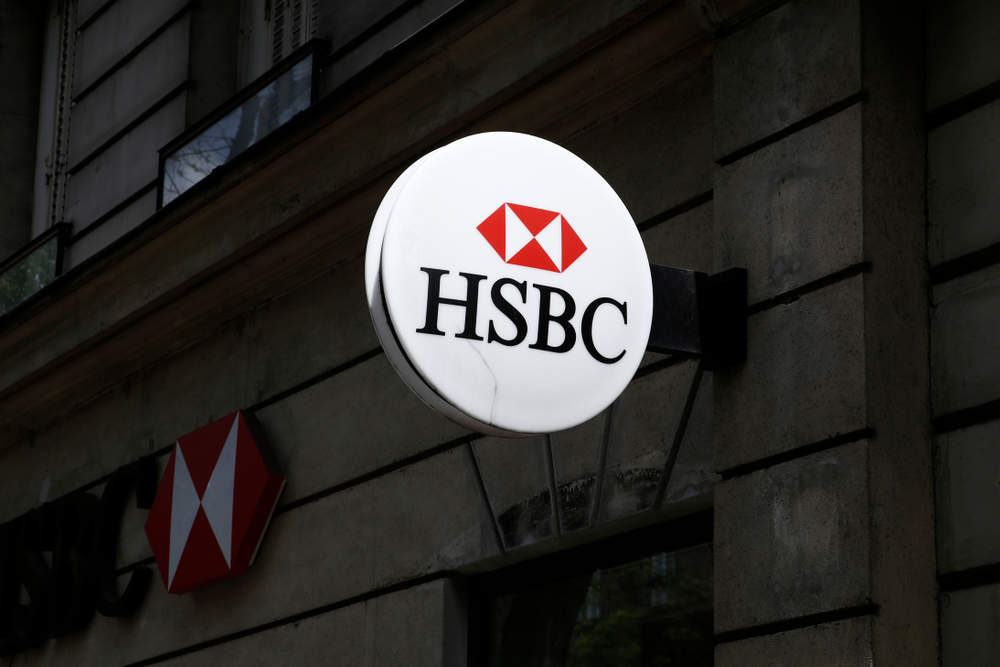
Digital technology is revolutionising banking and improving the overall consumer experience. To make the most of the transformation, banks must be willing to collaborate with other players and embrace digital solutions. HSBC’s head of digital bank, Raman Bhatia, foresees a makeover in retail banking as the sector moves into a new ecosystem. Briony Richter reports
Powerful forces are reshaping the banking sector. HSBC’s Raman Bhatia has the task of accelerating digital innovation to provide the best possible services for its customers.

Access deeper industry intelligence
Experience unmatched clarity with a single platform that combines unique data, AI, and human expertise.
Speaking to RBI, Bhatia describes his role at HSBC: “My role includes setting the digital strategy – managing the digital agenda, which is very broad.
“It is about all customer journeys. It is about personalisation of the experience for customers and then innovation as well because the whole landscape of banking is changing.
“I joined HSBC roughly three and a half years ago, from a non-traditional background; I was not in financial services. I was at a start-up called HouseTrip, which was bought by Tripadvisor.”
Enthusiastic and energetic, Bhatia believes that right now is an exciting time to be in banking, and he is tasked with the job of reinventing our perception of what a bank is, and what it can do for customers

US Tariffs are shifting - will you react or anticipate?
Don’t let policy changes catch you off guard. Stay proactive with real-time data and expert analysis.
By GlobalData“What is exciting is the fact that convergence of changing customer behaviour, tech trends, and regulation are creating a perfect storm which is changing what it means to be a bank.”
Open Banking success
Dubbed a ‘banking revolution,’ Open Banking went live in January 2018, enabling the creation of new types of interactive smart banking service. The tech-savvy challenger banks have been breaking barriers ever since by focusing solely on enhancing customer experience.
However, HSBC had prepared for Open Banking and sees it as an opportunity to find the right partners. Bhatia notes that much of what the challengers are doing is being done at HSBC.
Asking whether incumbent banks can keep the loyalty of their customers with new entrants flooding in, Bhatia states: “There is a trust paradox. Whilst the repetition of the banking sector post crisis and the episodes that have happened in the UK have taken a battering, when it comes to holding people’s money and keeping it safe, across the board, banks and especially trusted banks like HSBC rank very high, and that applies to millennials as well.”
At the centre must be customer experience. To reinvent the image, retail banking is embracing technology and partnerships
Bhatia highlights: “In an open world, you have to embrace the spirit of being open. That implies partnering with new sorts of players and we have been involved in partnerships. It’s not always easy to partner.
“If you take Open Banking to its extreme conclusion, for us, it is a seamless partnership with multiple players, with our trusted brand at the centre.”
In an Open Banking environment, the work between banks and fintech firms is becoming ever more important. Small and large tech firms are battling for consumers’ attention, at a time when consumers are set to gain the ability to use disparate services from a single platform. For banks similar to HSBC, the only way to ensure continued success is through smart collaboration.
First Direct
In a more digitally focused society, more consumers are switching to branchless banks and so the quality of the mobile app is vitally important.
First Direct prides itself on high customer satisfaction and innovation. In 2006, it was one of the first to introduce mobile banking.
Keeping customers happy is at the core of what First Direct does. Asking how those standards are continually kept, Bhatia explains: “I think it’s a unique magic formula; it goes back to the very DNA of what First Direct stands for. It starts from the very outset of recruitment. We painstakingly recruit people that show empathy with customers. Then it flows through straight to customer service.” He adds: “Because our customers are mobile-first, our priority is translating that high empathy into the mobile interaction.”
First Direct customers very rarely switch, due to continuing efforts to improve upon all its services and products. In the past, the digital bank has struggled to entice younger customers: the average age group is in the 40s. However, Bhatia says that is starting to change with the new First Direct app.
He explains: “It’s about preserving that customer service ethos, and translating that into a digital-first approach through mobile. Once you have mobile onboarding, a simple authentication journey and a system of smart nudges to interact with customers in a mobile setting, then you have the recipe to gain younger customers.”
Trends to look out for
One of the issues that traditional banks face is not being able to move as quickly as start-ups. This is mostly due the legacy systems that hold banks back. To change this and move forward with technology, Bhatia and his team focus on embracing new technology.
Bhatia believes there are four or five big trends in banking that will have massive impacts on the financial sector (see box). It will be the convergence of tech, data and the ability to efficiently and positively serve customers that will shape the future of the banking industry.
Although there is stiff competition, retail banking is not losing its ground. The impact of game-changing technological innovation is inevitable, and banks have the chance to harness all its opportunities.







